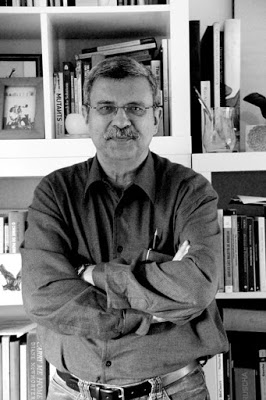Fernando, Cardim for most in Brazil, and Carvalho in the US and abroad, has sadly passed away. I took his macro class back in 1992 at the Federal University in Rio, before he actually moved there definitely as full professor two years later. We used his book Mr. Keynes and the Post Keynesians (still somewhere here in my bookshelf) as a textbook, even though most of the course was based on several papers.From that period I remember reading his papers on time and expectations, which were two of his main concerns within post-Keynesian economics. Although much of his course was theoretical, most of his later work seemed to be related to the workings of international financial institutions, and real world macro issues. He wrote extensively, and there are papers on the role of the IMF, and
Topics:
Matias Vernengo considers the following as important: Carvalho
This could be interesting, too:
Matias Vernengo writes Arguments for austerity, old and new
Fernando, Cardim for most in Brazil, and Carvalho in the US and abroad, has sadly passed away. I took his macro class back in 1992 at the Federal University in Rio, before he actually moved there definitely as full professor two years later. We used his book Mr. Keynes and the Post Keynesians (still somewhere here in my bookshelf) as a textbook, even though most of the course was based on several papers.
From that period I remember reading his papers on time and expectations, which were two of his main concerns within post-Keynesian economics. Although much of his course was theoretical, most of his later work seemed to be related to the workings of international financial institutions, and real world macro issues. He wrote extensively, and there are papers on the role of the IMF, and critiques of the idea of central bank independence, besides discussions of the Brazilian economy. My favorite paper is based on his discussion of Keynes' political views, and to what extent his policy proposals can be seen as close to social democracy. A great loss for the profession, for his students, and for his friends.

